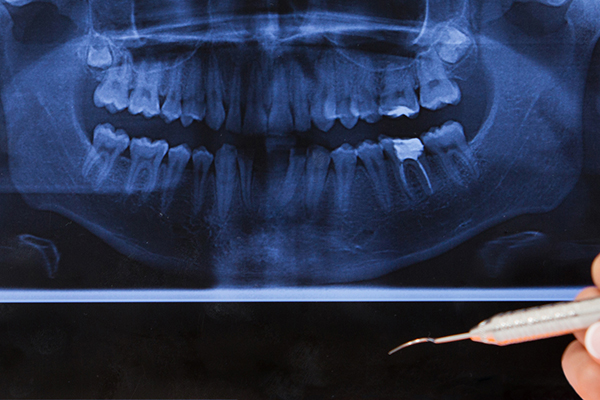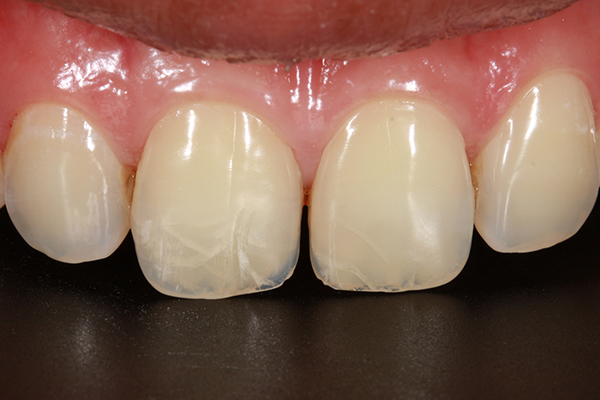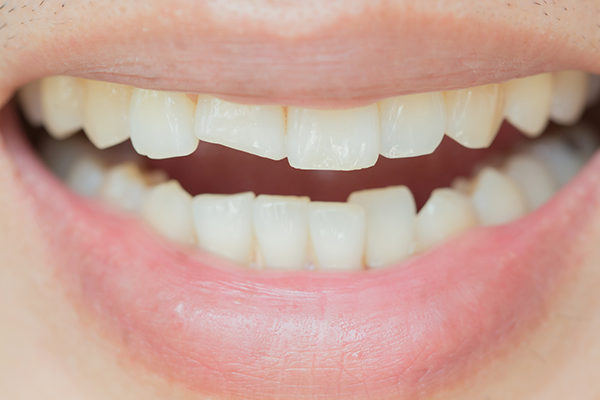ENDODONTIC PROCEDURES

Have you ever bitten into something hot or cold and felt a shooting pain? This unpleasant sensation is caused by nerves in your teeth. Nourhan Mekawy, DDS, at Island Smile Dental Group in Levittown, New York, is a dental professional specializing in endodontics, a branch of dentistry that treats nerve pain.
Endodontics prevents small issues from becoming serious problems. Tooth infections typically happen in the nerves in the tooth’s root. If the infected nerves aren’t removed, the infection can turn into an abscess. Abscesses are severe. They cause extreme pain, tooth loss, and can break down your jawbone. By seeking endodontic treatment early, you can prevent extensive surgery later.
Root Canal Treatment

Root canal treatment is the most common endodontic procedure and is often necessary when decay has reached the pulp of the tooth or the tooth has become infected. While the number of canals and the anatomy of teeth can vary, people usually have anywhere from 1 to 4 canals in a tooth.
Dr. Mekawy starts by numbing the area around the infected tooth and then then drills into the nerve canal to remove the infected tissue. Once clean, she fills the space with a sealant and then places a crown over the tooth to protect the tooth and restore its appearance. Dr. Mekawy has years of experience in identifying and treating nerve issues.
Cracked Teeth

Symptoms of a cracked tooth vary and may include pain when chewing, temperature sensitivity, pressure sensitivity or a combination of these. Because the pain often comes and goes, it can be difficult to recognize what is causing the problem and can sometimes even be difficult to identify exactly which tooth is causing the discomfort.
Even small movements of the cracked tooth pieces during chewing can cause irritation to the tooth’s pulp, which causes pain. Similarly, when the bite is released, the crack can close quickly, causing sharp pain. Over time, the tooth pulp will become damaged. As this happens, the tooth will hurt more consistently. Cracks can sometimes lead to infections in the pulp tissue and spread to the surrounding gum and bone.
Dental Trauma

Traumatic injuries can result in the need for dental treatment. Fractured or cracked teeth, a displaced tooth, or even a tooth that has been knocked out (avulsed) are common results of dental trauma. Each of these conditions requires specific treatment, dictated by the effect of the injury on the tooth, whether or not the tooth is deciduous (a baby tooth) or permanent (adult), and the time between the injury and treatment, among other considerations. Any dental trauma requires prompt medical evaluation and treatment. Treatments may include a splint, medication, a root canal or other procedures. Once treated, your tooth will be monitored to ensure it is healing as expected and so that any injuries or infections can be quickly resolved.
If you have concerns about your teeth, book your appointment today by calling the practice at 516-520-5858 or emailing our office to request an appointment.